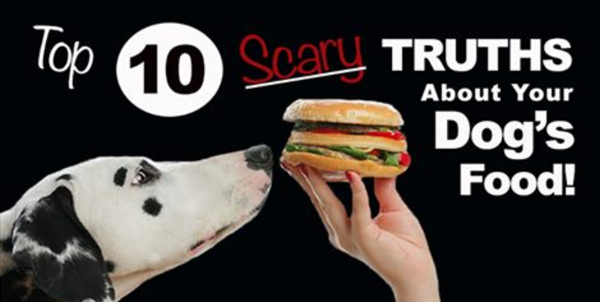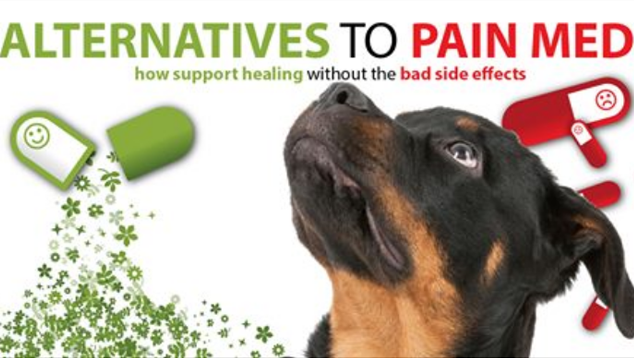Unlike cats, who are carnivores 🥩, dogs are considered omnivores with strong carnivorous traits.
⠀
Your dog’s behavior is affected by the amount and the quality of the food you feed it, as well as the way the feeding is organized.
⠀
Dogs can treat their food in different ways.
⠀
There is a notion of “resource guarding”, which can happen with regard to food, when a dog aggressively protects its food, even from its owners.
⠀
Quite often this behavior depends on individual traits of a certain dogs, but also on the kind of food the dog is fed.
⠀
Dogs protect their treats, food acquired from the table, or bones much more aggressively than their own food bowls. And they don’t care much about their water bowls at all.
⠀
It’s also interesting that dogs that are fed after their owners have already eaten demonstrate aggression much more often, protecting the food they think is theirs. Such dogs also beg for food more often (check one of our previous post to learn how to deal with this).
⠀
The behavior of your dog is affected by the level of serotonin in its food.
⠀
Increasing the level of serotonin in your dog’s food (by adding its predecessor, tryptophan, to food) can help battle territorial aggression, fears and depression. Serotonin deficiency, on the contrary, might cause depression.
⠀
Tryptophan can be found in dairy products, eggs, lamb and chicken. There are also special supplements that contain it.
⠀
Animal nutritionists are working to develop diets which would help with behavior correction in dogs.
⠀
For example, if a dog suffers from stress and fears (including panic attacks), aggression or depression, dog owners are recommended to lower the amount of protein in dog food and increase the level of tryptophan (by making lamb the basis of the dog’s diet, for instance).
⠀
Decreasing the amount of protein is also recommended for hyperactive dogs.
⠀
When it comes to phlegmatic, “slow” dogs, some veterinarians recommend increasing the level of tyrosine and arginine in their food (in this case, beef meat works best).
⠀
Remember that this is only general information. Your dog’s diet should be recommended and corrected by experienced animal nutritionists ☝️.

